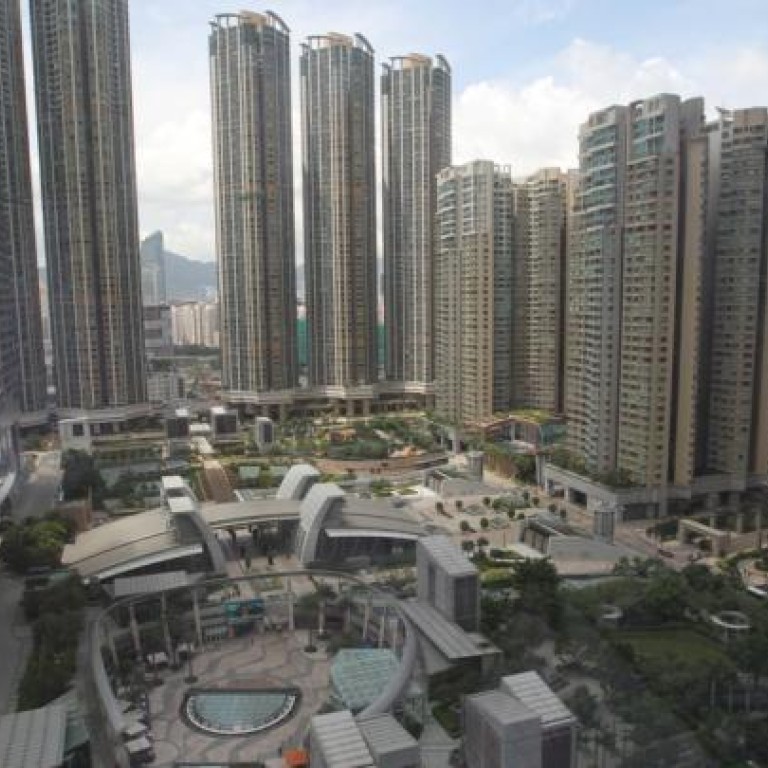
Vacancy tax an idea loaded with empty promise
Hong Kong would be better off with a continuing property levy than targeting big developers that aren't in the business of hoarding
CY's game of innocence continues. Blame it all on fat-cat developers again. The government itself bears no fault for the high cost of housing.
I do not know of any mass market residential projects completed by big developers and then held off the market for extended periods in hopes of getting higher prices.
Small single-project developers do this but they contribute little to the stock of housing.
Big ones do not. It doesn't make commercial sense.
People who are in a capital-intensive business and intend to stay in it generally take the view that they do best by turning their capital around as quickly as possible from acquisition to resale and then doing it again.
They may indeed tell themselves occasionally that they missed a higher price by not holding a project off the market for a year. But a curious thing about professional developers is that they are never quite so sure about which way the market will go next as you and your friends are when discussing it after work in the bar.
What they do know is that as a rule they stand to make more money over time if they turn their capital around more rapidly over any period and simply ride the fortunes of the final sales market up and down. Just look at how Cheung Kong does these things if you don't believe me.
The people who really tend to hoard flats are small speculators, many from the mainland, who buy up a few at a time. They hold them empty on the reasoning that some flats are meant for living and others for buying and selling. You mix the two at the risk of a lower price for the buying and selling flats if they are occupied when you flip them.
CY would be well advised to talk to a few lawyers before he imposes vacancy taxes on these sorts of hoarders. There are such things as property rights and he cannot just hire a new establishment of property police to break down doors and see if anyone is living behind them.
Big developers, however, do indeed seek to make use of timing in their businesses. The difference is that they do so in acquisition rather than in sale. They try to negotiate their redevelopment premiums at times when the cycle has taken the market down.
Bear in mind here that premium is on most occasions a bigger cost item for developers than land. Agricultural land is cheap. Getting permission to permit 50-storey residential blocks on it is not. Cheung Kong, again, is notable here. It may buy land at any time but has sometimes waited years to negotiate premium.
It makes no difference to the final sales price. Developers will charge what the market will bear. If they get their timing right they make bigger profits, that's all.
But if you still don't like this, blame the system. We have maintained a British colonial system of land tenure designed to ensure that colonies can cover their own costs through revenue from leases and redevelopment permissions.
This is a government system, in case you hadn't noticed, and it is within our government's powers to change it. A continuing property tax rather than this present colonial practice of demanding one-time lump sum payments of billions of dollars would do much to smooth revenues and encourage more competition. No change is on the horizon.
It is also time the chief executive replied to the complaint of developers that they cannot very well build more homes if the government does not put more land up for auction.
I fully understand why the Lands Department does not again want to see photographs in the newspapers of developers openly colluding at land auctions. The industry has itself in part to blame for this problem.
But there is such a thing as cutting off your nose to spite your face and the government is near doing it with its present tightened system of land allocation.
Stop acting like you're still running for election, CY.

